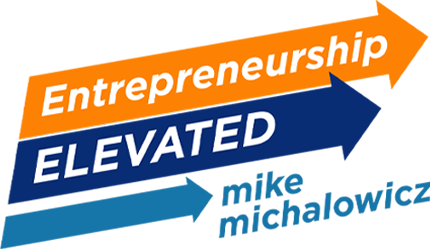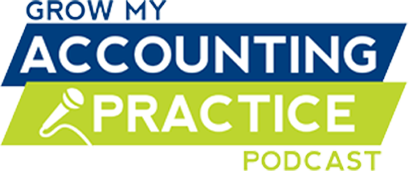My most recent book, Profit First, launched on July 8 of last year. Ten days later, on July 18, Amazon launched its new subscription service, Kindle Unlimited. Publishing a book is always a roller coaster. It’s constant checking of sales and reviews, hoping that readers find value in all the hard work you’ve done. Now sales of hard copy books are updated daily or weekly, but Kindle sales are updated hourly, giving me the opportunity to watch selling trends, and a prime opportunity to see the effect of Kindle Unlimited.
My launch went very well, and after about the first week, the Kindle sales of my book had leveled off to about fifty per day. The day that Kindle Unlimited began, my sales dropped to twenty-five a day. At first, I panicked. But then I looked more closely. Though sales have continued to fluctuate some, if you add the “free” downloads for Unlimited members to my sales, the number of my books being read is actually up slightly, compared to the sales before the Unlimited program began.
The subject of payment for books that are part of the Kindle Unlimited program is an interesting one. Typically, when you list a Kindle book for sale, you get a percentage of the selling price, and Amazon keeps the rest. The way that payment goes to authors in the Unlimited program is different, though. Amazon establishes a pool of money and distributes it based on the percentage of the free downloads that your book experienced, as long as readers read at least ten percent of your book. It’s hard to tell how profitable the Unlimited program will be, since it’s new.
My first book, The Toilet Paper Entrepreneur, was self published. Because I didn’t have a publisher to consult, I immediately put TPE into the Unlimited program, and since the launch of the program, downloads of TPE have increased dramatically. While I don’t know exactly how much money I’ll bring in from the decision, what I do know is that more people are reading my book as a result of Kindle Unlimited.
So I know that Unlimited is increasing my exposure, but here’s the really interesting thing – the big publishers – Simon & Schuster, Hachette, HarperCollins, MacMillan, and Penguin – have opted out of the program. They’re waiting to see if the program will serve their interests. While some self-published authors may see the big houses’ reluctance as a cautionary tale, I see it as a huge opportunity. As the number of Kindle Unlimited users grows (and it will,) my chance for exposure is that much greater. The longer the big publishers steer clear, the more readers I have access to.
I understand publishers wanting to hold off and see if the financial gain is worth it, but here’s why I know it’s been worth participating in Unlimited for me: since the launch of my most recent book, I’ve seen a dramatic increase in the number of requests for me to speak at a variety of events. I have speaking engagements booked all over the world, and that increase must be due to the greater number of people who’ve been reached by my book.
Self-published authors – a rapidly growing category – would do well to realize that there’s more to the bottom line than just book sales. If you can distribute a boatload of free downloads, you’re building your brand, and there are a host of other ways to turn that exposure into dollars. Whether you collect fees for speaking engagements, or whether you use the popularity of your free downloads to generate interest in your next book, readers are readers, and favorable impressions build your brand.
Profit First has done so well for me that I’m considering stepping up the schedule for my next book in order to capitalize on the opportunity to reach readers before the 600,000 volume Kindle Unlimited library becomes more crowded by the entry of a major publisher.
Authors would do well to think about the example of the music industry. Artists and labels who at one point opted out of participating in services like Pandora and Spotify are changing their tunes (pardon the pun.) Exposure is everything, and as the way that people interact with music continues to evolve, artists who choose to stay stagnant will have a dwindling market share to show for their decision. Savvy writers will get out in the forefront of this new trend and will cash in big time.











Those are some interesting points, Mike. You might be interested in my perspective as a reader. Kindle offers a number of free books every month, mostly from new authors. That sounds like a great deal, but I’ve found that “free” is too high a price to pay for books that are not that good, and 9 out of 10 of the free books have been not that good. I was eager to get into the Unlimited program when it was announced, but pulled back when I saw how many of the major publishers weren’t participating.
It’s great that you are getting exposure, and I hope that this continues to grow. What I would fear, as an author, is that the program is going to drive out most discriminating readers. Selling to a large pool of bad prospects is never as good as selling to a small pool of good prospects.
But maybe the big publishers will join in. Maybe the program will work. In the meantime, you are getting good results. Hopefully they’ll continue.
Randall – Thank you for these insights. I really appreciate it and value your perspective. I have a suspicion that you are spot on and that more of the serious readers are being disappointed by the half-baked books that are being posted for free on Kindle U.